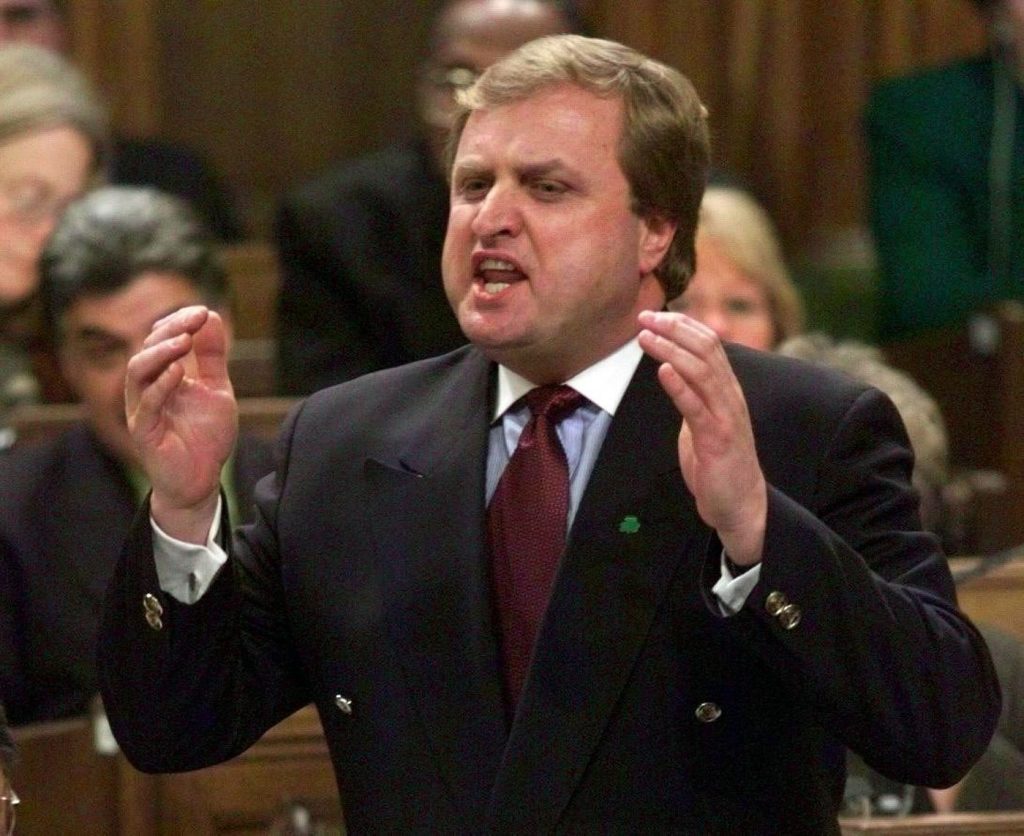OTTAWA – Sergio Marchi, a former Canadian minister and ambassador, expresses concern about the disinterest of younger generations in politics. In his university course on politics, he notes that often only two or three students indicate interest in pursuing a political career when he poses the question. Marchi emphasizes the necessity for the political landscape to include the perspectives and energy of the youth, stating, "We need the energy and the idealism of the youngsters." His reflections are informed by his own experience as a minister for international trade from 1997 to 1999 and later roles at the World Trade Organization and the United Nations.
Marchi's apprehension regarding youth disengagement in politics is echoed in his newly published book titled Pursuing a Public Life, which shares his political journey and guides young individuals on how to navigate federal politics. He observes a global tendency among young people to steer clear of traditional political avenues, favoring roles in diplomacy or non-governmental organizations focused on the "global good." Many young adults appear discouraged by the invasive nature of political life and its growing toxicity.
He posits that the change necessary to rejuvenate political interest among youths must originate from current politicians who need to be mindful of the increasingly toxic political culture. Marchi highlights that the prevailing environment, characterized by scandals and relentless media scrutiny, is likely deterring young people from entering the political field. He warns that if politicians fail to improve the tone and substance of their interactions, the future of political engagement may be bleak.
A recent study conducted by scholars from Carleton University and the University of Ottawa reinforces Marchi's observations, indicating that young Canadians remain notably underrepresented in parliaments worldwide. The researchers assert that the underrepresentation stems primarily from a lack of young candidates within political parties, which may struggle to identify or encourage youth willing to run for office. The findings highlight that young candidates who do secure party nominations face election challenges akin to those experienced by their older counterparts.
Daniel Stockemer, a politics professor involved in the study, argues that systemic barriers, including a lack of encouragement and the challenges associated with building networks and securing funding, significantly hinder young people's entry into politics. He points out that the phenomenon of incumbency has not evolved, making it increasingly difficult for new candidates to find opportunities in a competitive political landscape.
Jake Sawatzky, a 25-year-old Liberal member of Parliament representing New Westminster–Burnaby–Maillardville, adds that many young people perceive the political system as unwelcoming to their involvement. He hopes that the recent election of several young MPs will motivate others to engage in the political arena. Sawatzky emphasizes the importance of political participation, stating, "Without getting involved, then as individuals we’re all just subjected to the decisions other politicians make."
For those not ready to run for Parliament, Sawatzky encourages young people to consider roles as city councillors, school board trustees, or involvement in non-profit organizations as practical ways to contribute positively to their communities. Jaden Braves, the CEO of Young Politicians of Canada, highlights that the education system plays a pivotal role in fostering political engagement. He criticizes high schools for not adequately promoting civic literacy and engagement in public service.
Braves, a 17-year-old, notes that many young people are dissuaded from politics due to the stigma attached to public office and the perception that it is a realm reserved for the wealthy. He emphasizes that numerous barriers in the political landscape seem designed to favor those with financial means, leading to disillusionment among youth regarding the political system's ability to serve the public effectively.
Marchi concludes with a profound hope that upcoming generations of Canadians will retain a voice in governance, stressing the importance of human decision-making in the face of technological advancements. He expresses a desire for a future where capable individuals, rather than robots or AI, will take the reins of leadership in shaping public policies that affect everyone's lives.











